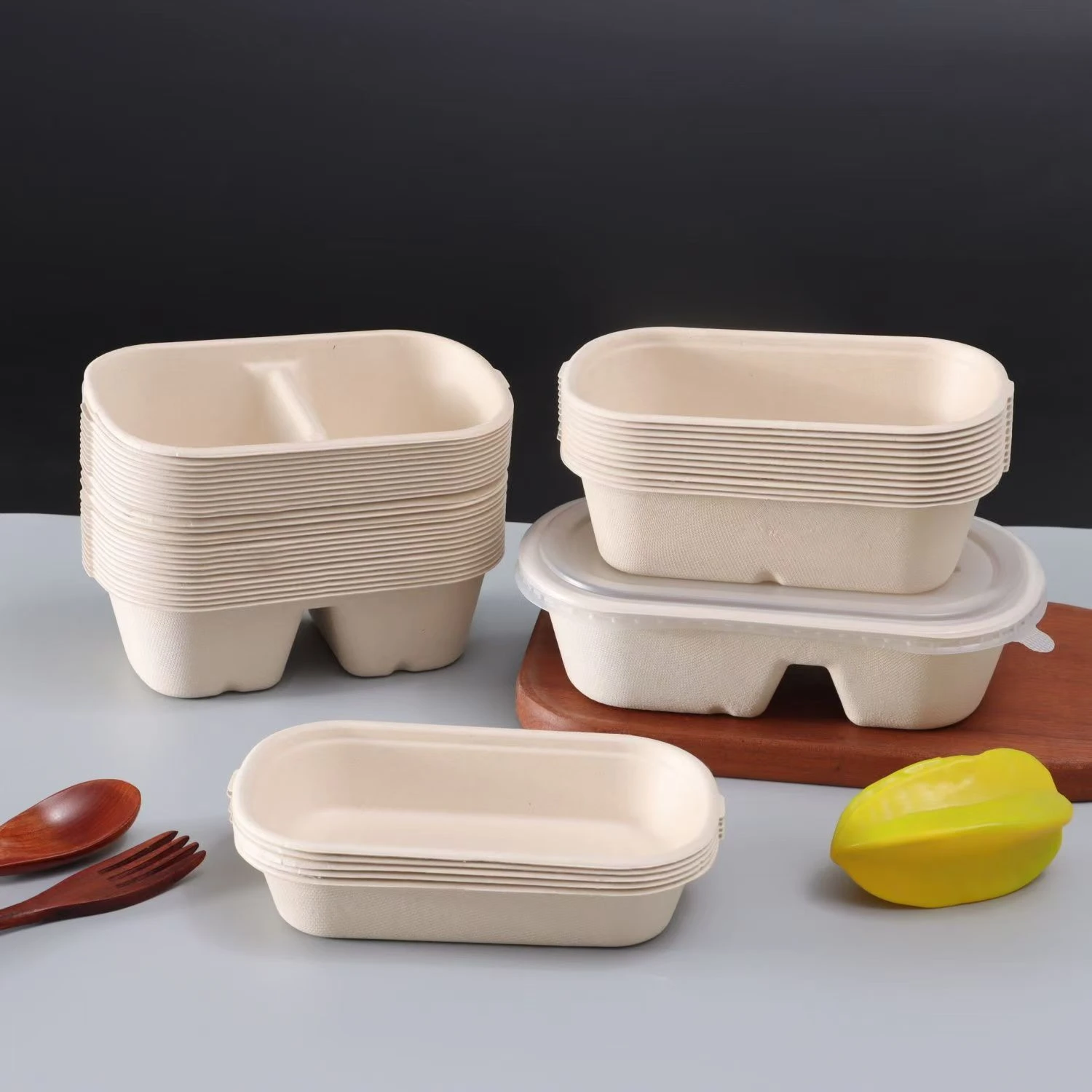The Versatility and Convenience of Folding Boxes
In the modern world of packaging, folding boxes have emerged as a fundamental solution for a wide range of industries. Their design, functionality, and eco-friendliness make them a preferred choice for businesses that prioritize both aesthetics and efficiency. In this article, we will explore the advantages and applications of folding boxes, highlighting their role in enhancing product presentation, minimizing shipping costs, and contributing to sustainable practices.
Folding boxes, also known as paperboard or carton boxes, are typically made from high-quality materials that can be easily folded and assembled. One of their most significant advantages is their ability to provide robust protection for products during transportation and storage. The structure of a folding box ensures that items, whether they are delicate electronics, gourmet foods, or even cosmetics, remain secure and intact, reducing the likelihood of damage.
The versatility of folding boxes extends beyond mere protection; they also play a vital role in enhancing the visual appeal of products. With advances in printing technology, businesses can now customize folding boxes to reflect their brand identity. High-quality graphics, vibrant colors, and engaging designs can transform a simple box into a marketing tool that captures consumer attention. This is particularly important in retail environments, where the competition is fierce, and consumers are often swayed by packaging design. A well-branded folding box can make a lasting impression, influencing purchase decisions and fostering brand loyalty.
folding boxes

Another significant benefit of folding boxes is their efficiency in shipping and storage. Unlike rigid boxes, folding boxes can be flat-packed when not in use, saving valuable storage space and reducing shipping costs. This feature is particularly advantageous for businesses that operate with limited warehouse space or need to optimize logistics for international shipping. When the boxes are ready for use, they can be quickly erected into their designated shape, streamlining the packing process. This efficiency not only saves time but also reduces labor costs, making folding boxes an economical choice for businesses of all sizes.
In recent years, the emphasis on sustainability has grown significantly within the packaging sector. Folding boxes are often made from recyclable materials, making them a more environmentally friendly option compared to plastic packaging. The ability to recycle and repurpose materials is a crucial consideration for businesses that aim to reduce their carbon footprint and appeal to environmentally conscious consumers. By opting for folding boxes, companies contribute to a circular economy, minimizing waste and promoting responsible production practices.
Moreover, the trend towards minimalism in packaging design aligns seamlessly with the folding box’s attributes. Many consumers are now seeking simpler, more elegant packaging solutions, and folding boxes can be crafted to reflect this minimalist aesthetic without compromising on functionality. The clean lines and customizable nature of folding boxes allow for a refined presentation that resonates with modern consumer values.
In conclusion, folding boxes represent a versatile, cost-effective, and sustainable packaging solution that meets the diverse needs of various industries. Their ability to provide protection, enhance brand visibility, and facilitate efficient shipping makes them an invaluable asset for businesses aiming to thrive in today's competitive market. As the industry continues to evolve, it is clear that folding boxes will play a crucial role in shaping the future of packaging, marrying functionality with aesthetic appeal while maintaining a commitment to sustainability. Embracing this innovative packaging solution can set businesses on a path toward greater success in navigating the challenges of modern retail and e-commerce.



